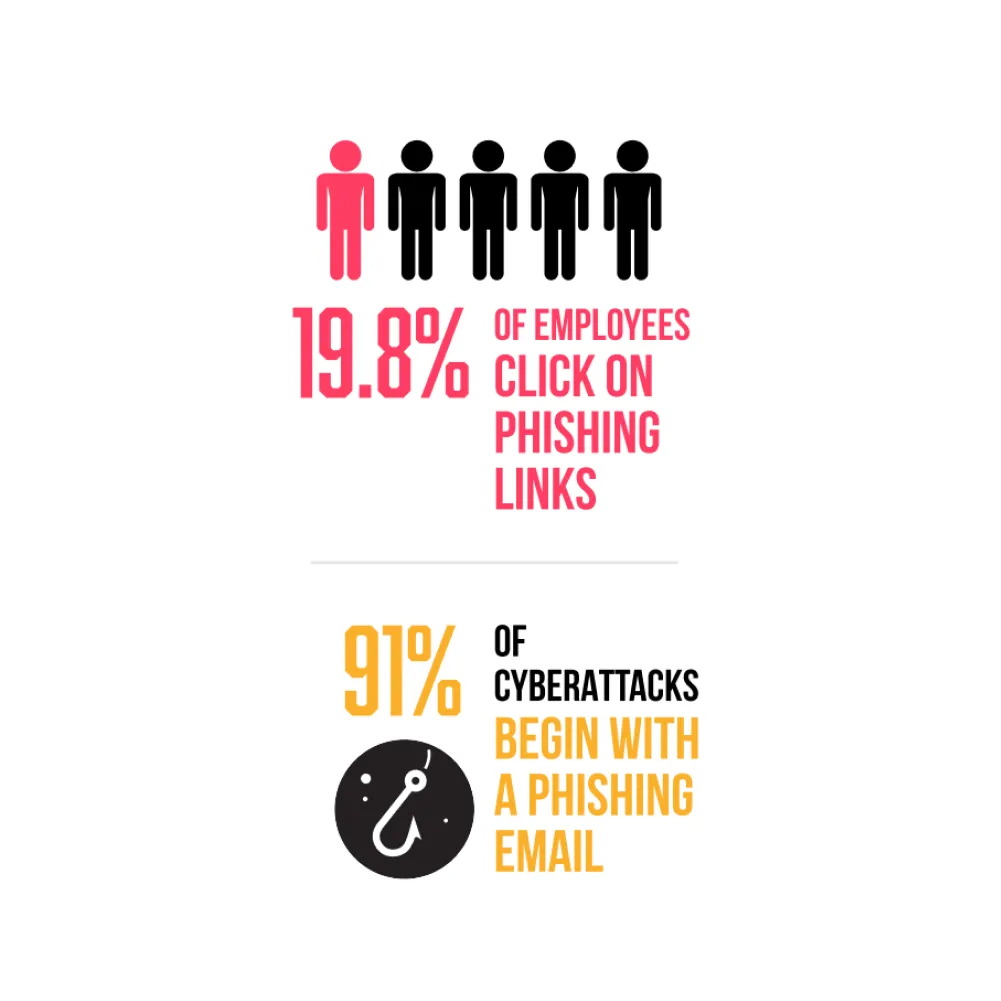In the ever-evolving world of modern business, organizations constantly seek innovative solutions to streamline operations, boost efficiency, and gain a competitive edge. Among the transformative technologies that have revolutionized the business landscape, Robotic Process Automation (RPA) has emerged as a powerful force driving operational excellence and digital transformation. With its ability to automate repetitive tasks, RPA liberates human resources from mundane activities, empowering them to focus on strategic endeavors that foster growth and innovation.
Robotic Process Automation involves using software bots or “virtual workers” that mimic human actions to perform rule-based tasks. These bots can navigate complex systems, interact with various applications, and execute processes quickly and precisely, unmatched by traditional manual efforts. As businesses strive to keep up with digitalization, RPA presents itself as a transformative solution that can optimize various operational processes across industries. Managed IT Services Company in Arkansas helps to leverage the power of robotic process automation technology.
This blog explores why use robotic process automation in modern businesses.

What is Robotic Process Automation?
Robotic Process Automation (RPA) is a technology that uses software robots or “bots” to automate repetitive, rule-based tasks. These bots can mimic human actions and interact with different systems and applications just like a person would. RPA has the ability to streamline business processes, improve efficiency, reduce errors, and free up employees’ time to focus on more strategic tasks.
By automating routine tasks such as data entry, report generation, and invoice processing, organizations can achieve higher productivity and cost savings. RPA can be implemented across various industries and sectors, offering significant benefits in terms of time savings, accuracy, and scalability. If you want to consider robotic process automation for your modern business, visit our Managed IT Services Little Rock Provider.
8 Best Uses of Robotic Process Automation for Modern Business
Storing Information
Robotic Process Automation (RPA) offers many benefits for modern businesses, and one of the best uses is storing information. By implementing RPA, companies can automate the process of capturing and storing data, eliminating the need for manual data entry and reducing the risk of human error. RPA can also integrate with existing systems and databases, allowing seamless data transfer and organization.
With advanced data storage capabilities, businesses can easily access and retrieve information whenever needed, improving overall efficiency and productivity. Additionally, RPA can enhance data security by implementing strict access controls and encryption measures to protect sensitive information.
Invoice Processing
Robotic Process Automation (RPA) has proven to be a valuable tool for modern businesses, and one area where it can be particularly beneficial is invoice processing. By utilizing RPA technology, companies can streamline the often time-consuming and error-prone process of manually processing invoices. RPA bots can extract relevant data from invoices, such as vendor information and payment details, and automatically input this information into the appropriate systems or databases.
This reduces the risk of human error and increases efficiency by significantly reducing the time and effort required to process invoices. RPA can also help with tasks such as matching invoices to purchase orders and resolving discrepancies, further enhancing accuracy and productivity in the invoice processing workflow.
Improving Marketing and Sales Processes
Robotic process automation implementation has the potential to improve marketing and sales processes in modern businesses significantly. By automating repetitive tasks such as data entry, lead generation, and customer follow-ups, RPA can free up valuable time for marketing and sales teams to focus on more strategic and creative initiatives.
RPA can enhance data accuracy and consistency, reducing the risk of human error and ensuring that marketing campaigns and sales efforts are based on reliable information. Furthermore, RPA can facilitate seamless integration between different systems and platforms, enabling efficient data sharing and improving overall workflow efficiency.
Payroll
Streamline your payroll process with RPA technology. Processing payroll every month can be time-consuming and repetitive for HR teams. The sheer volume of data entry required not only consumes valuable time but also increases the risk of data inaccuracies, leading to delays in payment and potential employee dissatisfaction. Fortunately, RPA (Robotic Process Automation) can help alleviate these challenges.
Through the use of RPA technology, it is possible to automate various tasks related to payroll. This ensures that employee data is consistent across multiple systems, timesheets are validated, and accurate earnings and deductions are loaded. Automated paycheck creation, administration of benefits of robotic process automation, and reimbursement processes can all be facilitated by RPA.
Employee Onboarding
Employee onboarding is one area where robotic process automation (RPA) can benefit modern businesses. RPA can streamline and automate the onboarding process, from collecting and processing employee data to creating accounts and setting up access permissions. By automating these administrative tasks, businesses can significantly reduce the time and effort required for onboarding new employees, allowing HR teams to focus on more strategic initiatives.
In addition, RPA ensures accuracy and consistency in data entry, minimizing human error and reducing the risk of compliance issues. With RPA handling the repetitive and time-consuming aspects of employee onboarding, businesses can improve efficiency, enhance the employee experience, and ultimately accelerate time-to-productivity for new hires.
Price Comparison
Price comparison is one of the modern businesses’ best robotic process automation uses. With RPA, companies can automate gathering pricing data from multiple sources, such as websites or databases, and compare them in real time. This saves time, reduces human error, and allows businesses to make more informed decisions when pricing their products or services.
By having access to accurate and up-to-date pricing information, companies can adjust their prices accordingly to stay competitive. RPA can also be used to monitor competitors’ pricing strategies and analyze market trends, providing valuable insights for business planning and strategy development.
Boost Productivity
Robotic Process Automation (RPA) has become an invaluable tool for modern businesses looking to boost productivity. Automating repetitive and time-consuming tasks, RPA allows employees to focus on more strategic and value-added activities. This increases efficiency and frees up valuable resources that can be allocated to other areas of the business.
However, RPA can help reduce errors and ensure consistent process quality, as robots are programmed to follow predefined rules and guidelines. The result is a streamlined workflow that maximizes output and improves business performance. Whether it’s data entry, invoice processing, or customer support, there are numerous ways in which RPA can be leveraged to enhance productivity in today’s fast-paced business environment.
Processing Fast Refunds
Robotic Process Automation (RPA) can be effectively utilized for processing fast refunds in modern businesses. RPA technology can automate and streamline the refund process, eliminating the need for manual intervention and reducing the chances of errors or delays. By implementing RPA, businesses can ensure that refund requests are processed quickly and accurately, improving customer satisfaction.
Automating repetitive tasks in the refund process allows employees to focus on more strategic and value-added activities, ultimately increasing productivity and efficiency. Moreover, RPA can provide real-time tracking and reporting capabilities, enabling businesses to monitor the status of refunds and identify any bottlenecks or issues that may arise.
Final Thoughts
Robotic Process Automation (RPA) has undoubtedly revolutionized the modern business landscape. RPA enables businesses to streamline their operations, increase efficiency, and achieve greater productivity by automating repetitive and rule-based tasks. Software bots not only frees up human resources but also allows them to focus on more strategic and value-added activities. From invoice processing to customer service and inventory management, RPA can be applied across various departments and industries to drive significant improvements in workflow and overall performance. As businesses continue to embrace automation technologies, it is clear that RPA will play a crucial role in shaping the future of work.

